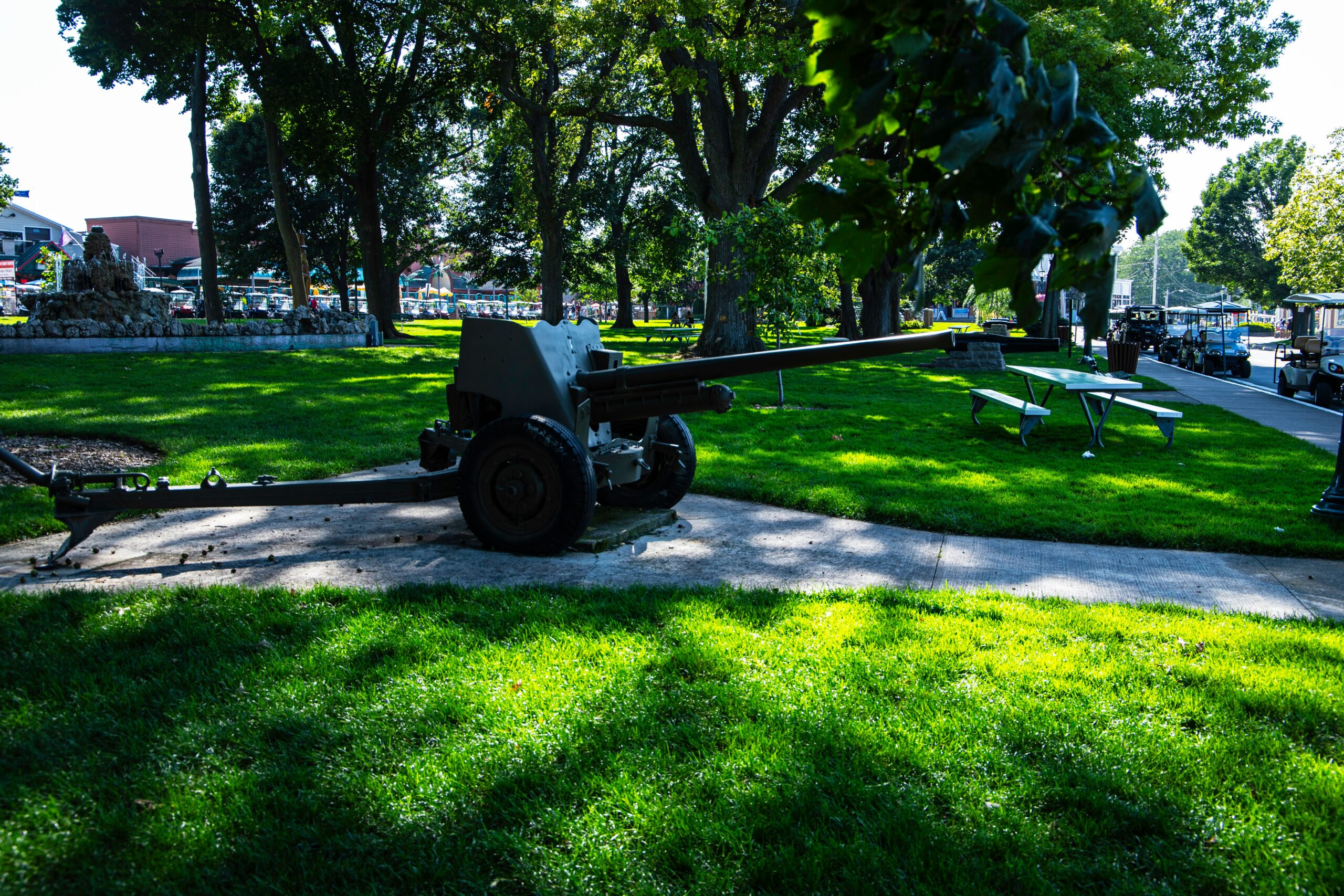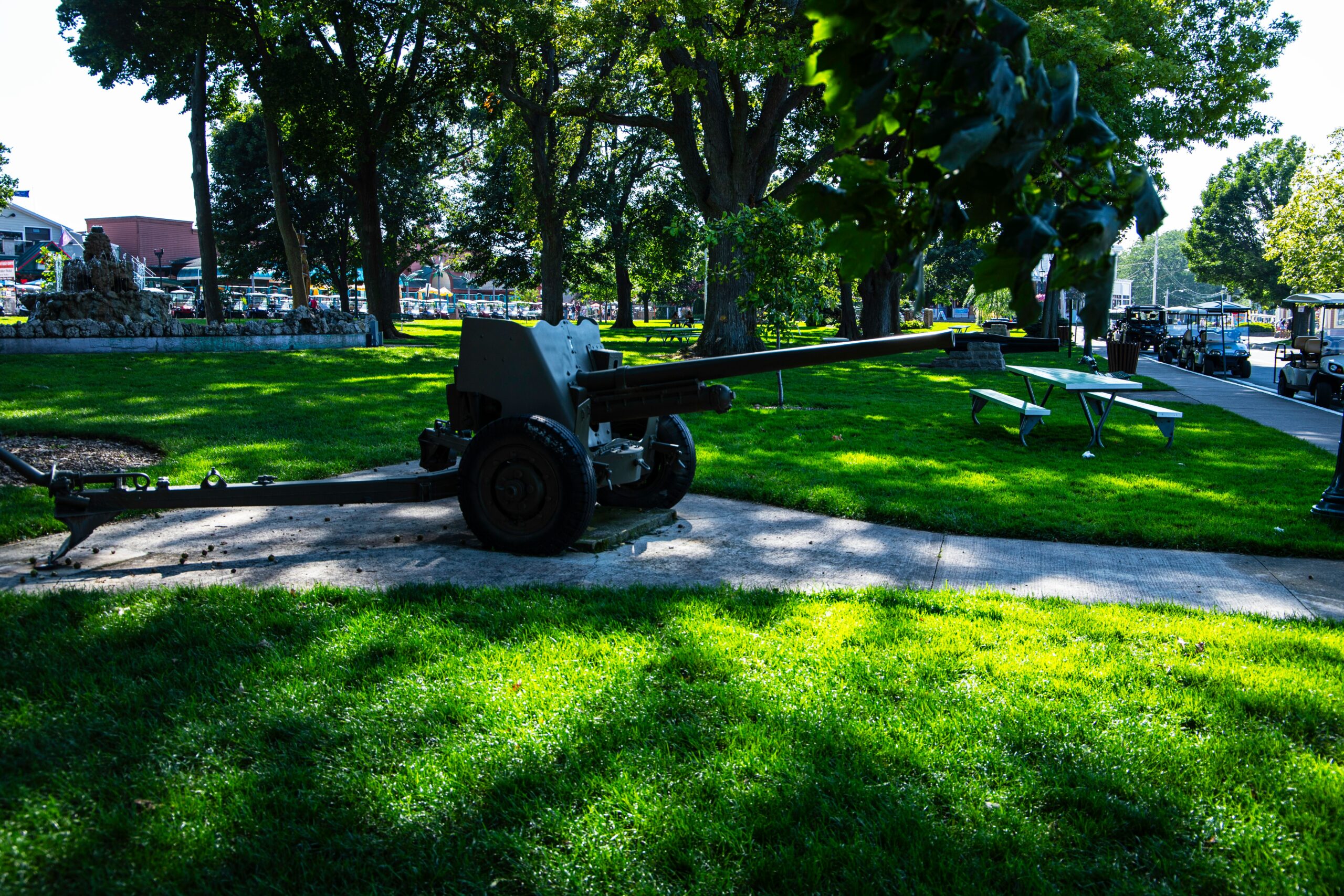
North Korea’s Military Directive
Recently, North Korea has issued a significant military directive aimed at bolstering its artillery units situated along the border with South Korea. This order, as announced by the Korean Central News Agency, underscores the regime’s intense focus on military preparedness amidst escalating tensions in the peninsula. The directive specifically pertains to activating multiple artillery brigades, highlighting the strategic importance that North Korea places on maintaining a robust military posture.
The number of artillery brigades involved in this directive is reported to be substantial, reflecting North Korea’s commitment to ensuring its defense capabilities are on high alert. This activated state of readiness involves not only artillery units but also support elements that can quickly respond to any perceived threats from the South. The announcement emphasizes the need for vigilance, reinforcing the narrative that North Korea perceives an ever-present threat from its southern neighbor.
This military maneuvering comes in the wake of various allegations and accusations related to drone activities in the region, which have further heightened tensions. The North’s recent military preparations signal a clear message that it is not prepared to be undermined or challenged, especially in the context of contested issues pertaining to sovereignty and security in the Korean Peninsula. Such actions reflect a broader strategy of deterrence, which aims to project strength and readiness in the face of what North Korea perceives as aggressive posturing from the South and its allies.
The implications of these developments cannot be understated, as they heighten the risk of miscalculations or direct confrontations between the two Koreas. With military directives like this, North Korea seeks to maintain a sense of urgency and readiness while navigating the complexities of regional security dynamics. Ultimately, this situation is a reminder of the fragile balance that exists in relations between the two Koreas.
Claims of Drone Infiltration and Propaganda
The recent claims from North Korea concerning the alleged infiltration of South Korean drones have heightened tensions on the Korean Peninsula. Reports state that these drones were accused of carrying propaganda leaflets that criticize the North Korean regime. Such allegations are not new and align with the ongoing psychological warfare historically employed by both North and South Korea. The implications of these claims extend beyond mere accusations, as they contribute to a narrative that North Korea seeks to propagate in order to consolidate internal support and divert attention from its economic struggles.
North Korea’s military has reportedly observed numerous drone sightings over its territory, which it interprets as provocations. Given the historical context of how drone incursions have been used as opportunities for North Korean propaganda, these claims are likely designed to reinforce a narrative of external threat. This is particularly relevant during times of heightened military readiness in the regime, as asserting a continual threat can assist in justifying the maintenance and enhancement of military capabilities.
The frequency of these alleged drone sightings appears to be increasing, with North Korean state media emphasizing the gravity of the situation. This serves as both a rallying point for North Korean citizens and a reminder of the ongoing conflict’s fragility. The regime’s response, which includes military threats, illustrates how it leverages such incidents to bolster the image of a strong and vigilant military. Additionally, the timing of these claims may suggest a broader strategy to project strength domestically and internationally, especially amid ongoing economic sanctions and diplomatic isolation.
Ultimately, the various motives behind these assertions reveal a multifaceted approach to information warfare. By focusing on the alleged drone infiltrations, North Korea not only reinforces its narrative of external hostility but also aims to galvanize patriotic sentiments among its populace. The implications of these claims on the regional stability warrant careful monitoring as tensions continue to escalate.
Reactions from South Korea
The recent escalation of tensions between North Korea and South Korea, particularly following the drone allegations, has prompted a strong response from the South Korean military and government officials. In light of North Korea’s increasingly provocative actions, South Korea has issued a series of warnings aimed at deterring any potential aggressions. Officials have emphasized their commitment to national security and the necessity of enhancing defense measures in the face of these threats. This scenario underscores the gravity of the inter-Korean relationship, which is currently fraught with challenges.
South Korea’s military has been actively monitoring the situation and has publicly stated that it remains prepared to respond to any provocation from the North. The possibility of military retaliation has been a point of concern, as South Korean officials weigh the implications of a response that could further escalate the situation. There is a delicate balance to maintain, as any military action could lead to unintended consequences and heighten the risk of conflict on the Korean Peninsula.
Moreover, the South Korean unification ministry has also addressed the drone claims made by North Korea, asserting that such accusations are unfounded and part of a broader strategy to sow discord. The ministry has highlighted the importance of maintaining open lines of communication, even amidst rising tensions, as dialogue remains pivotal for achieving long-term peace in the region. Furthermore, officials are urging for a unified stance among international partners to pressure North Korea toward denuclearization and de-escalation.
These responses from South Korea reflect a comprehensive strategy to counter North Korea’s threats while striving to maintain stability in inter-Korean relations. As the situation continues to evolve, the commitment to defense readiness and the importance of diplomatic efforts remain paramount for South Korea.
Broader Implications and Future Outlook
The current tensions between North and South Korea along with allegations of drone incursions have far-reaching implications that extend beyond the peninsula. An increase in military readiness in North Korea signals a potential shift in strategy that may escalate conflict in the region. As North Korea amplifies its rhetoric and demonstrates its military capabilities, the likelihood of miscalculation in this precarious environment grows. The ramifications of such an escalation could lead to greater regional instability, prompting responses from not only South Korea but also from major global players, including the United States and China. A comprehensive dialogue is essential to mitigate these risks and enhance communication channels, as a direct confrontation could have catastrophic consequences.
Furthermore, it is crucial to evaluate the internal motivations driving North Korea’s heightened nationalism and military posture. The regime, facing economic hardships and international isolation, often employs a narrative of external threats to unify its populace and consolidate power. This strategy can be perceived as a means of diverting attention from domestic challenges, reinforcing the regime’s legitimacy, and fostering national pride. In this context, heightened military readiness can also be seen as a means to project strength both domestically and internationally, sending a clear message to adversaries about North Korea’s unwillingness to compromise on its sovereignty.
Looking ahead, the prospects for inter-Korean relations remain uncertain. While there is always hope for diplomatic resolution, reset efforts may be hindered by entrenched positions and mutual distrust. Continued dialogue and engagement will be paramount in bridging divides, yet the current climate may strain these efforts further. Ultimately, the trajectory of North Korea’s military readiness and the response from South Korea and other stakeholders will significantly shape the regional landscape, with peace and stability resting on a delicate balance of power and negotiation.
